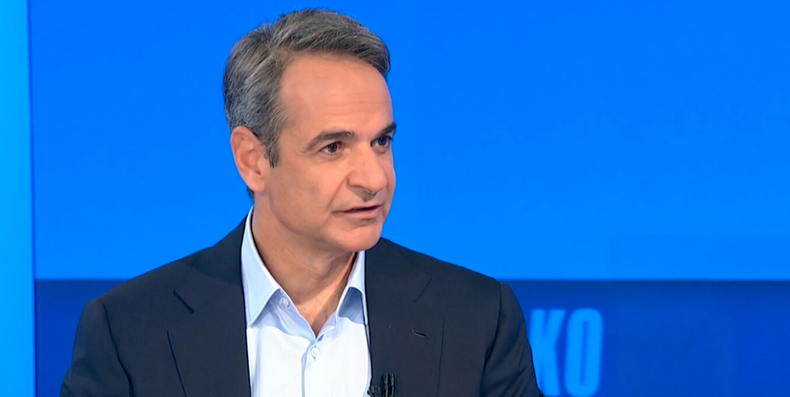The Ministry of Culture, Education and Religion has submitted modifications to the draft bill on fighting violence in sports, voted in principle at the relevant Parliamentary committee on Tuesday night. The Radical Left Coalition (SYRIZA) and Independent Greeks (ANEL) coalition parties voted in favor, whereas opposition parties reserved judgment but praised Sports Minister Stavros Kontonis for amendments to the bill that were believed to be “in the right direction.”
A bill on the university entrance exam system was also presented because (a) there had been no preparation for the “New Lyceum” so that schools could properly operate using this system, and (b) the system limited students choices so that many high achievers were excluded from continuing onto Tertiary Education. Amendments made to the New Lyceum are to be implemented in the 2015-2016 school year. They include:
– Three career orientation groups: Humanities, Sciences and Economy and IT studies;
– Five disciplines have been set out: Humanities, Law and Social Science, Sciences, Life and Health Sciences, Science Education, Economic and IT studies;
– University entrance exams in the 2015-2016 school year will give students the chance (a) to give exams in four core subjects and to apply these in only one of the disciplines as is the case in the current system of exams; (b) to have access to a second field if they choose one of 50 subjects for the Panhellenic exams.
– All candidates, regardless of career orientation, will have the opportunity to choose from three science fields from the one or two disciplines that they will have access to.
– Each orientation has three common subjects that are required in all fields. The fourth subject will be from the specific field. With a different fourth subject there will be the chance to enter a second discipline area opening more choices to those currently available.
– The subjects of the school curriculum (General Knowledge Courses, Career orientation courses and electives) will have the content already approved by the Pedagogical Institude or the Education Policy Institute.
– The choice of exam topics for students of A and B Lyceum (Year 10 and 11) and all classes of the evening lyceums will be chosen solely by the course teachers due to the termination of the Topics Bank that required students to sit through national exams every year with 50% of the questions gathered from a topic pool.
– The grade point average for students to pass the class is at least 9.5 and is based on the student’s annual performance in all subjects that require written exams.
– Teachers made redundant due to the memorandum policy of abolishing specialist teachers will return to their organic posts in an effort to give poorer districts the same quality of education and access to vocational training as private schools.
Experimental and selective schools
The exam entrance to experimental schools has been abolished. All students will henceforth have access to selective schools based on luck rather than skills. Students will only be able to apply to one of the listed schools.



































